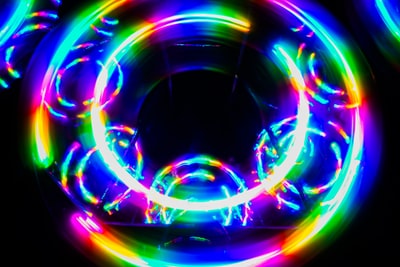 There are a number of error types that can occur in an experiment:
There are a number of error types that can occur in an experiment:
- Random errors: these can be inaccuracies due to bad technique. They’re common but can be improved if a number of repeats are made of an experiment. Data with a small random error is known as precise data.
- Systematic errors: these are inaccurate measurements in one direction and can’t be improved by repeating the experiment as they’ll simply continue to occur. Data with a small systematic error is known as reliable data.
- Bias: this is where an observer intentionally chooses certain results over others.
——————————————————
Experimental Design
A controlled experiment, or fair test, is one in which all the relevant variables are controlled. This means that changes in the dependent variable are due to the independent variable
A control experiment is one in which no variable is changed. This acts as a comparison by which you can compare your results. It eliminates alternative explanations for the main experiment, showing that any change was due to the independent variable.
Drug trials tend to use Randomised Controlled Trials (RCT). This ensures that a trial is completely free of bias.
- It’s randomised by randomly allocating control groups and studies.
- It uses a placebo-controlled group: a placebo is a treatment that has no physiological effect and is used to watch for symptoms that improve simply when the patient believes they’re being helped.
- It’s also double-blind: this means that neither the investigators nor the subjects know who is in the study group or the placebo group.